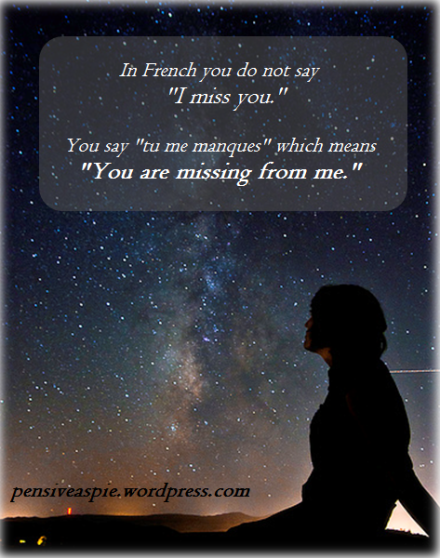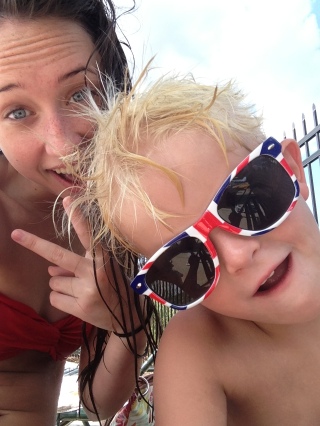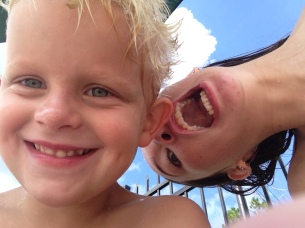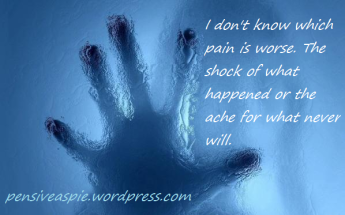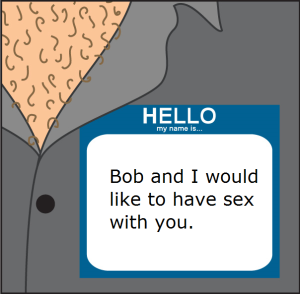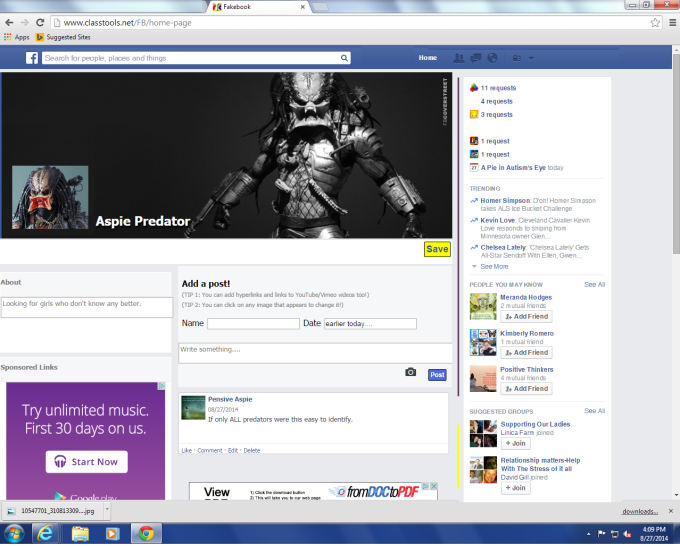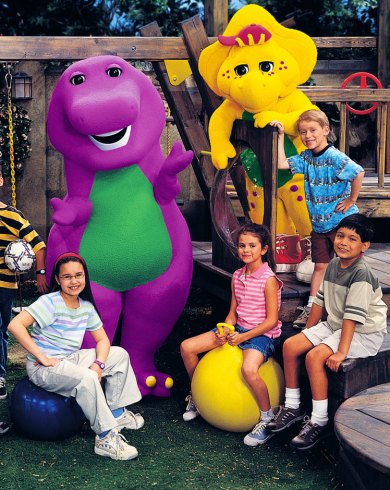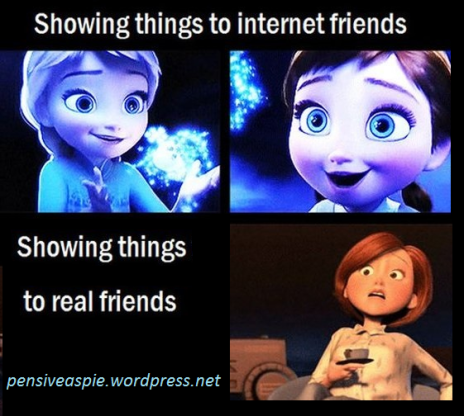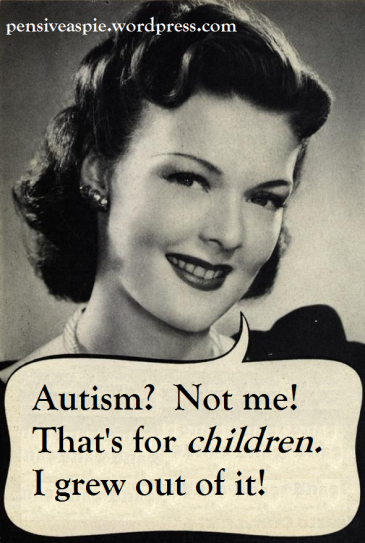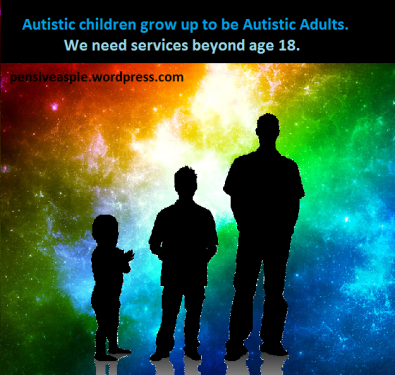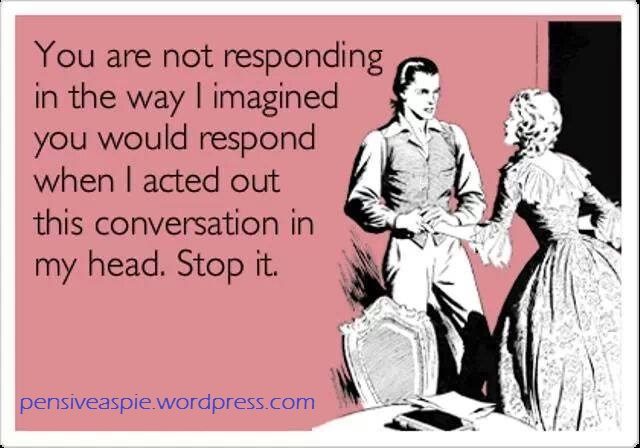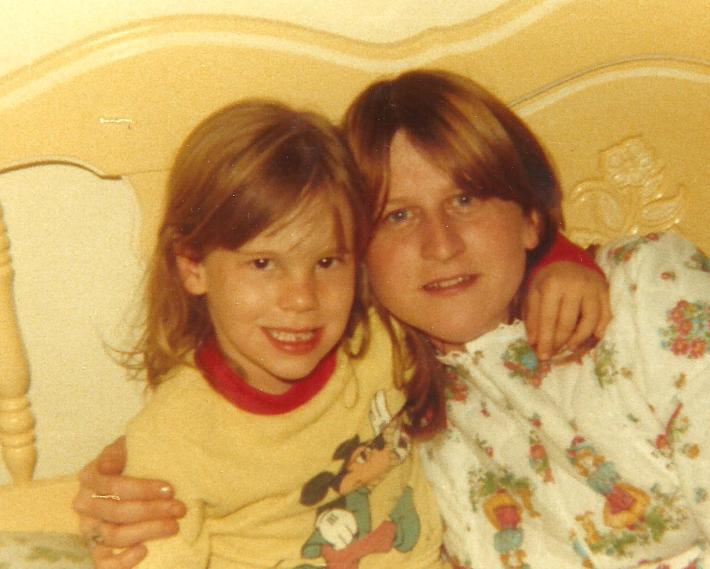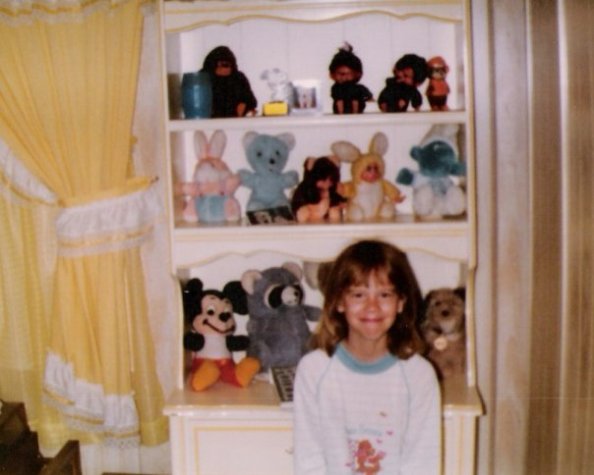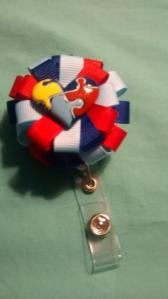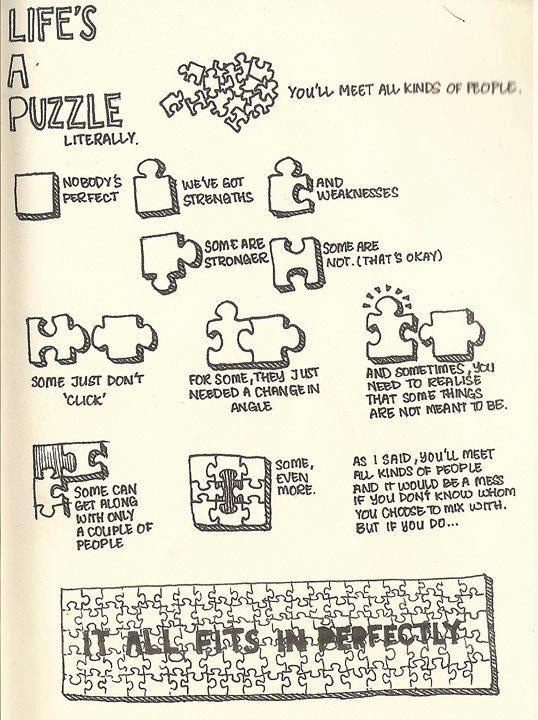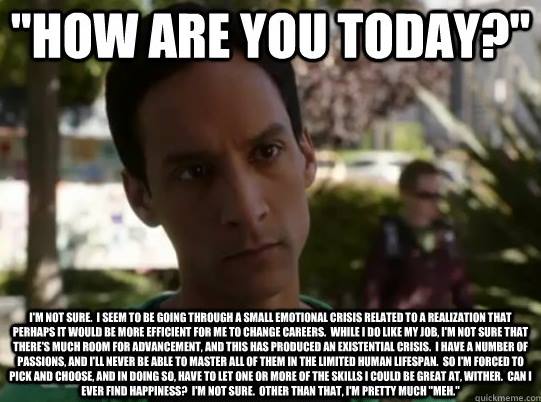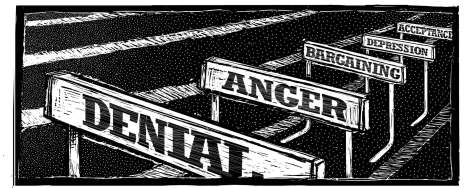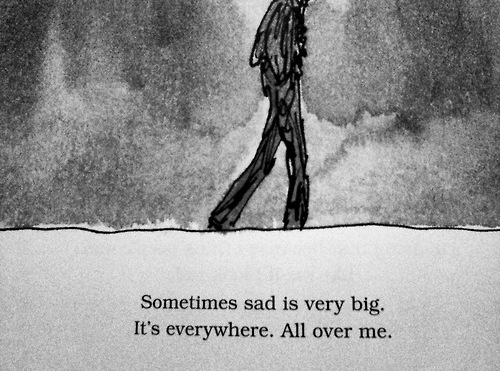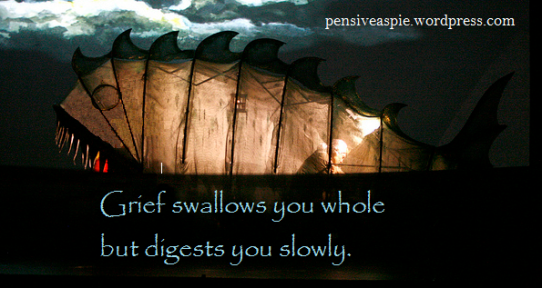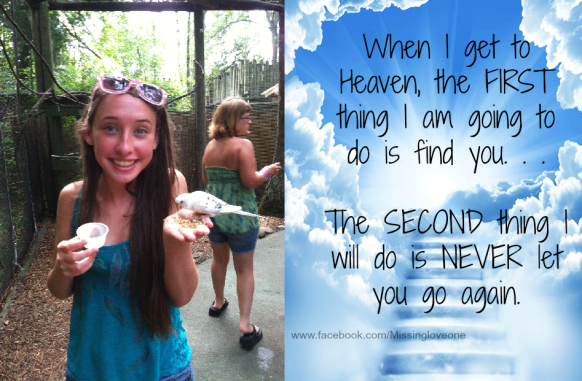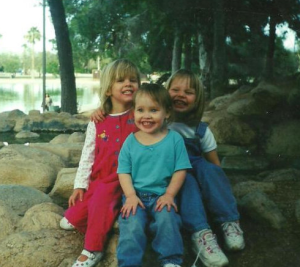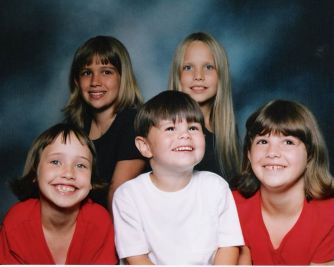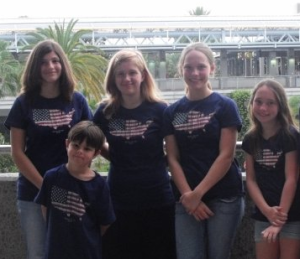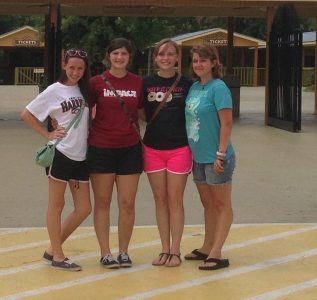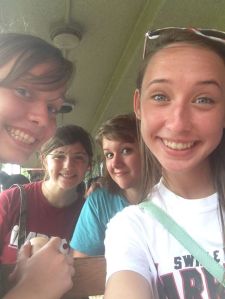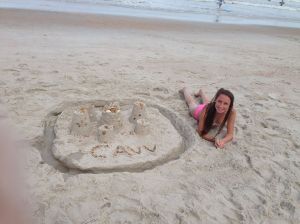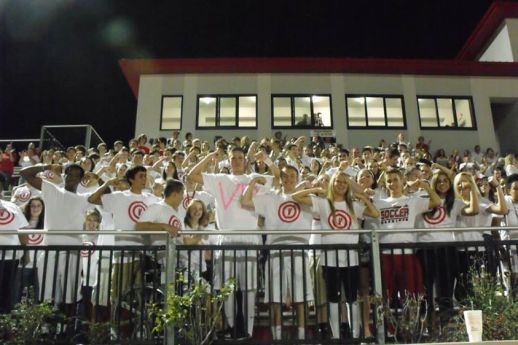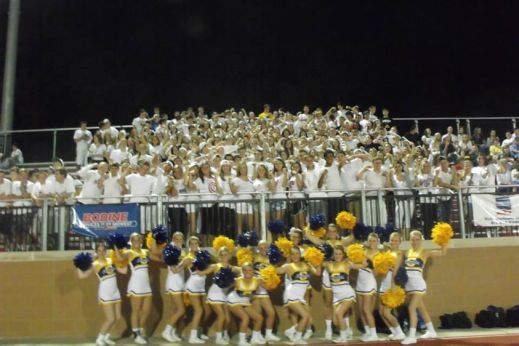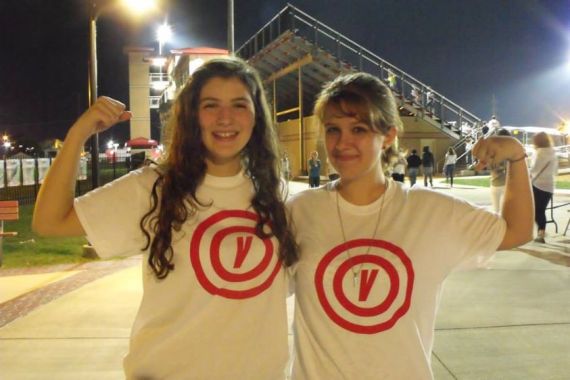I didn’t see it coming. I didn’t know it was there. I didn’t prepare myself for it, but here it is – hidden between two books: this picture of you. Smiling your big, bright smile. One little tooth missing. Your sister’s arm around your shoulder as you wait to go into the skating rink. And for almost a second, I swear I can hear your laugh but then it’s gone. A fleeting memory quickly replaced by the crushing weight of your absence. I can’t catch my breath. I can’t breathe because this picture, this two-dimensional flat reflection of you is all that we have left. Reflections. Memories. And no reflection – no matter how beautiful can replace you. I want it back. The sound of your laughter. Your beautiful face. All of it. I want her back so badly that my whole body just aches.
In Goodbye Small Fry, I blogged about my niece Vanessa’s death. As the one year anniversary of her passing approaches, I find it harder and harder to cope with my grief. The anxiety overwhelms me at times and I can no longer stop the tears. I no longer want to. There is something so upsetting about knowing she has been gone a year. I feel like I am losing her all over again. I am so thankful my nieces came to visit us that summer in 2013. So blessed that she took so many photographs. Typical teen selfies then. Priceless memories now.
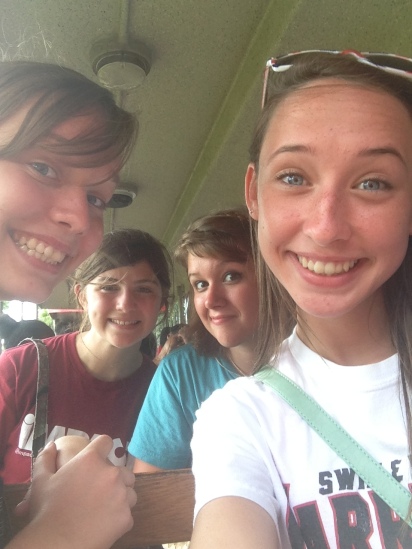 **Photo description: Niece Christina, Daughters Tori and Ali, and niece Vanessa **
**Photo description: Niece Christina, Daughters Tori and Ali, and niece Vanessa **
Her pictures adorn my refrigerator, my walls, and my home. So many smiles. Fat baby cheeks. Giggling Toddler. Too-big two front teeth. Self-conscious pre-treen. Gorgeous teenager. So many photos of my nieces and my daughters growing up together. So many memories, but still.. not enough memories. I look at the pictures I’ve taken in the past year and they are so empty without her in them. At her service, we cried and we laughed and we cried again. I took this picture of her sister and my daughters. When I had it printed, I realized that this was the first of a lifetime of photos without Vanessa in it and my heart just sank.
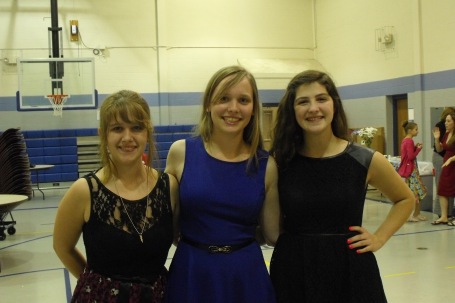
**Photo description Daughter Ali, Niece Christina, Daughter Tori.
People offer cliches: “She lives on in your heart!” Yes. I know she does. We saw Guardians of the Galaxy and I thought “Vanessa would have LOVED this.” Baby Groot? Her friends called her Baby V and she loved Marvel. We went to Universal Studios and saw so much Captain America memorabilia. I could almost see her big blue eyes light up. I took a picture of a shirt just because I could see her wearing it with her Marvel shoes. I do see her everywhere. I do. But it’s a ghost of a memory. I can’t hug her or text her or hear her voice. I can’t see her roll her eyes and say “Oh Aunt Sherri! Really?!” I do have her in my heart. I do. But I would rather have her in my arms. I can’t hug my heart.
When a loved one dies, employers give you three days off to grieve and attend the services. Three days. As if I could fit a lifetime of grief into just three small days. What about the rest of the time? What about the days where I wake up and the loss is so profound that I have to remind myself to breathe? What about the paralyzing sadness as her birthday approaches or the anniversary of her death draws near? Some days I just want October 1st to hurry up and get here so I can move past that horrible day. I want to wipe it off my calendar. I want to make it disappear.
Other days, I’m terrified that every day is one day closer to that awful date. A year? Has it really been a whole year without her? There are days when it feels like it has been years since I heard her voice, but most days I feel like she was just here. As October 1st approaches, I feel like I’m back in that ICU waiting room. Helpless. Seeing her there, but knowing she’s gone. That’s how I feel when I see pictures of her now. I see her in those pictures, almost always smiling that great big smile that lit up the room. I see her in that moment so clearly – like she’s here – but she isn’t. She is so far away. She is missing from me and there is nothing that can replace the Vanessa-shaped hole in my heart. ❤
“So far away from where you are
And standing underneath the stars
And I wish you were here
I miss the years that were erased
I miss the way the sunshine would light up your face
I miss all the little things
I never thought that they’d mean everything to me
Yeah, I miss you and I wish you were here”
~Lyrics from Lifehouse’s “From Where You Are”
**Photo description: TOP LEFT – A collage of pictures of Vanessa from her phone. TOP RIGHT: Vanessa and my youngest son Jack. BOTTOM LEFT: Two blue-eyed, fun loving, fully crazy kiddos who should have had more time to realize just how very alike they are. ❤ BOTTOM RIGHT: A frosted blue window with the quote “I don’t know which pain is worse. The shock of what happened or the ache for what never will.”
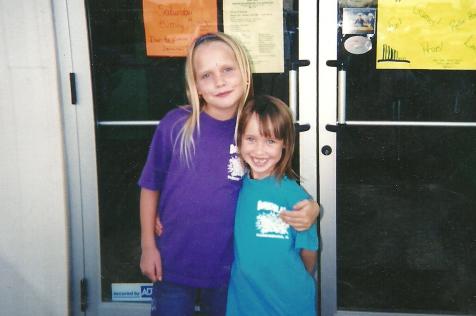
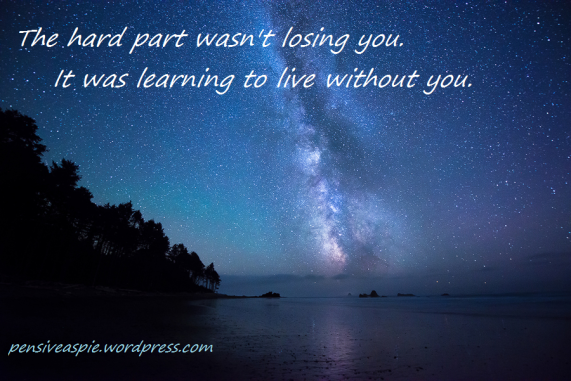
![IMG_20140729_150324382_HDR[1]](https://pensiveaspie.files.wordpress.com/2014/09/img_20140729_150324382_hdr1.jpg?w=188&h=336)
